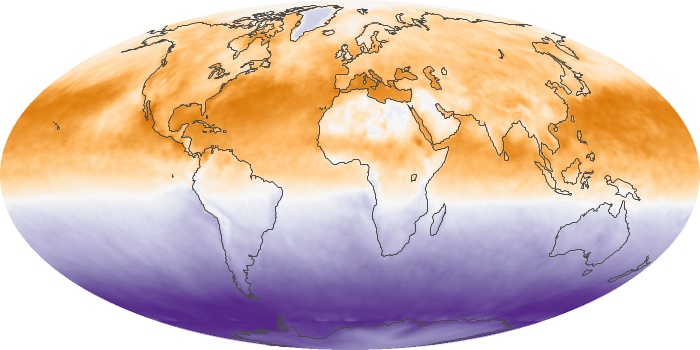Possibilism in cultural geography is the theory that the environment sets certain constraints or limitations, but culture is otherwise determined by social conditions.
. ENVIRONMENTAL PROBABILISM. In expert opinion, human beings are stated to possess the innate ability to respond to the environment in which they live, and thereafter, consciously alter it.
Man Has Changed the Environment – Examples Of Possibilism:
Man has brought changes to the environment by increasing its capacity to meet his needs and demands. The most visible and common examples in this regard are the: Industrial Revolution. Agricultural Advancement. Technological revolutionIt was the French historian Lucien Febvre who elaborated further on the concept of possibilism, by writing that, when it comes to human behaviour in relation to their environment, “there are no necessities, but everywhere possibilities; and man, as a master of the possibilities, is the judge of their use.
French historian Lucien Febvre was the first who coined the term possibilism and contrasted it with environmental determinism.
> Vidal de la blache
Vidal de la Blache and Lucien Febvre believe that nature, in this case, is not mandatory but permissive. This can be seen as the core conviction of the possiblists.
It can be stated that this idea of possibilism forms an important antecedent of human geography , given the common emphasis laid on “the thought and action of human beings and their ability to exert some independent control over their own destinies or, in other terms, on the idea of human agency.

No comments:
Post a Comment